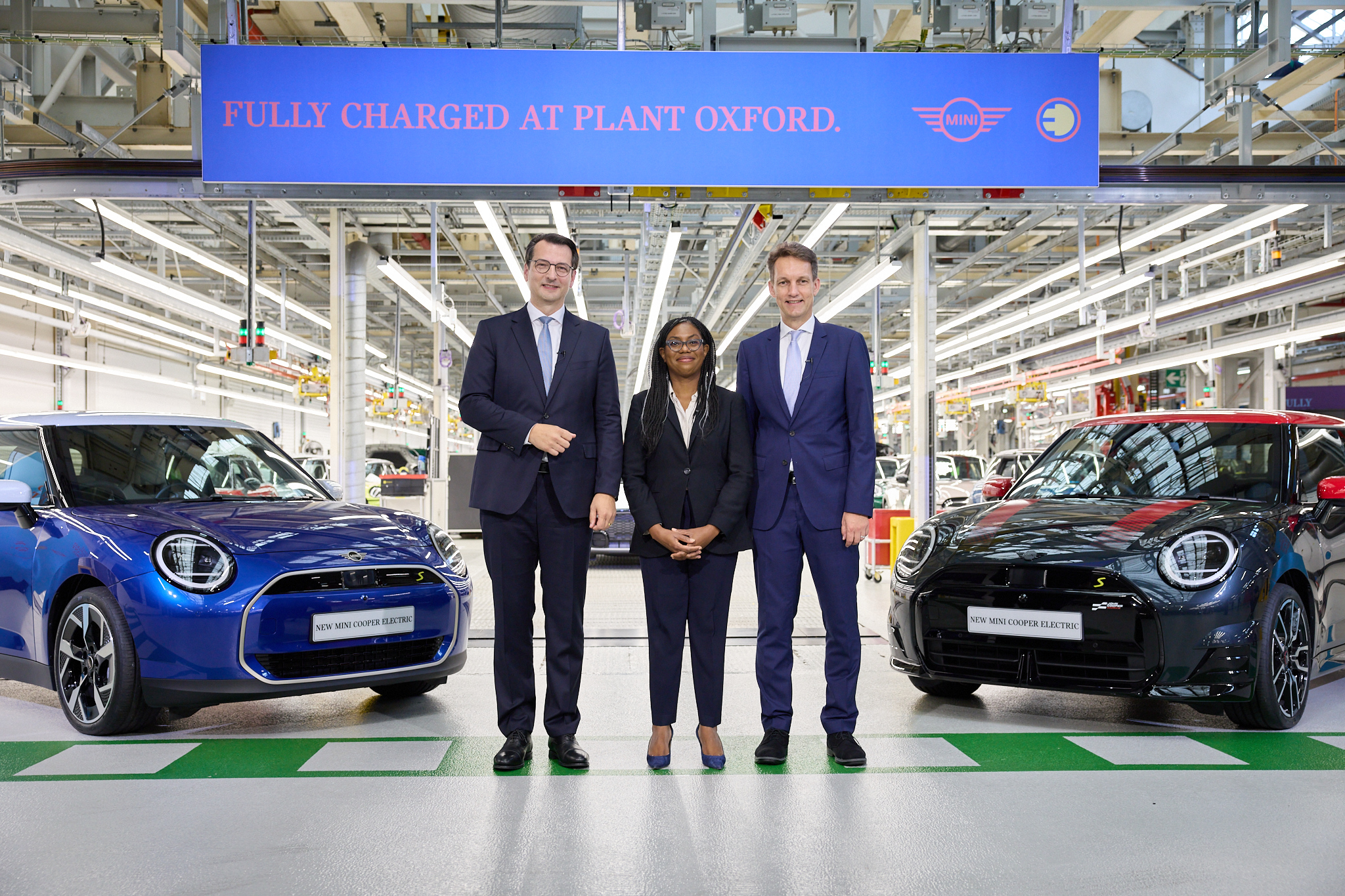
BMW keeps the electric Mini in its birthplace Oxford

The UK government succeeded in persuading BMW with a subsidy and keep production of the electric Mini’s in Oxford. /Mini
After an earlier decision from last year to move the new generation of the electric Mini to China, BMW is making a U-turn. The German carmak


Comments
Ready to join the conversation?
You must be an active subscriber to leave a comment.
Subscribe Today